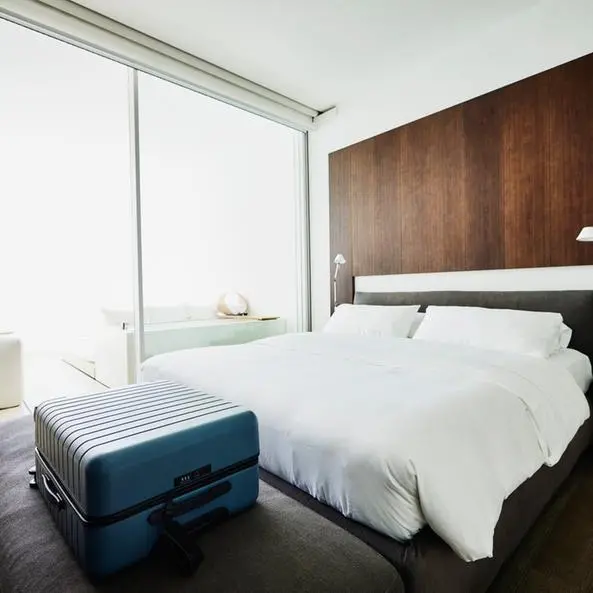PHOTO
Bahraini manufacturers have been invited to take advantage of the ‘Takamul’ programme which now opens up new doors for participation in UAE government tenders.
Launched last year by the government to give a competitive edge to local companies in government tenders, the initiative assesses a company’s ‘In-Country Value’ (ICV) based on factors like local spending and hiring.
Companies that meet the specified criteria and percentages earn a coveted Takamul certificate that grants them a 10 per cent advantage in Bahrain government contracts.
An agreement signed last week entitles Bahraini industrial enterprises to apply for the UAE’s National ICV programme and obtain certification, allowing them to participate in federal government procurement tenders.
Conversely, Emirati industrial establishments can benefit from Takamul and receive a 10pc preference.
Dr Khaled Al Alawi, assistant undersecretary for industrial development in the Industry and Commerce Ministry, said the recent agreement with the UAE comes close on the heels of a similar agreement with Saudi Arabia in August, both of which allow Bahraini firms holding this certification to be treated on par with Emirati and Saudi companies that are meeting local ICV norms in government procurement and dealings with Aramco.
“This opens exciting new doors for participation in UAE and Saudi tenders,” he explained during a media briefing at the ministry’s office yesterday.
“Essentially, Takamul functions as a catalyst for cross-border trade, enabling Bahraini businesses to compete on a level playing field with their Emirati and Saudi counterparts. This parity in procurement processes eliminates trade barriers and creates a conducive environment for Bahraini companies to showcase their products and services to a wider consumer base. As a result, local businesses can expect increased revenue streams, job creation, and technological advancements,” Dr Al Alawi explained.
The cooperation aims to support supply chain flexibility, enhance self-sufficiency, and boost the competitiveness of private sector companies in both nations.
By promoting the manufacturing of high-quality, domestically produced goods, the UAE and Bahrain aim to reduce reliance on imports, drive self-sufficiency, and contribute to long-term economic growth and prosperity.
Industrial establishments with a valid licence from the Industry and Commerce Ministry can participate in the programme.
According to Dr Al Alawi, the process to obtain the ICV certificate involves three key steps: First, industrial establishments must partner with an approved audit firm in Bahrain to assess and verify their ICV metrics. This firm will then issue an ICV audited report.
Second, the establishment needs to complete the application form and submit it along with the audit report to the Industry and Commerce Ministry website. Finally, the ministry will review the application, verify all requirements are met, and upon approval, issue the ICV certificate.”
The ICV score is calculated based on factors like local manufacturing, investments in Bahrain, hiring Bahrainis, and spending on foreign workers. Extra points are given for exports, hiring more Bahrainis, and increasing investments.
A preliminary study by the government last year found that BD76 million worth of industrial products imported into the country could be procured locally.
Copyright 2022 Al Hilal Publishing and Marketing Group Provided by SyndiGate Media Inc. (Syndigate.info).





















